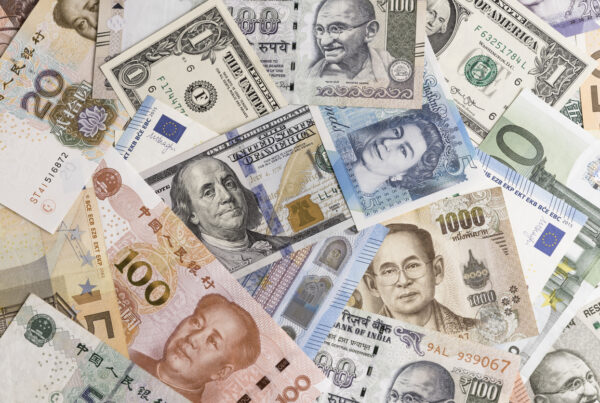On Monday November 26, 2018 a bill that would legalize recreational marijuana in New Jersey was approved. The bill would levy a combined tax rate of 12 percent between the sales tax and new tax on retail sale of marijuana. In addition local governments would be able to collect a 2 percent tax. This bill still needs to be passed by the state General Assembly, Senate, and then signed by the Governor, but if passed NJ will become the 11th state to legalize recreational marijuana. Now with New York pushing to legalize recreational marijuana as well, we may see a battle to become the first to market in this area for recreational marijuana.
New Jersey’s combined 12 percent tax rate would be one of the lowest compared to states that have already legalized recreational marijuana. Colorado now has a combined 30 percent tax rate between sales and excise taxes. In 2017 Colorado collected over $247 million dollars in revenue from taxes, licenses, and fees from marijuana. Colorado has a population of about 5.6 million and New Jersey’s population is around 9 million. New Jersey estimates approximately 1.7 billion dollars in sales of recreational marijuana, which will generate about 210 million in tax revenue. So even with charging a lower tax, New Jersey has the potential to bring in comparable revenues. Another factor with a low tax rate is this allows the state to drive down the black market, which in return can generate more sales.
As the bill has now, the revenue from the state taxes would be used to pay for the operating costs of the newly formed Cannabis Regulatory Commission. As well as the costs for filing and review of expungement applications, since this bill would allow for past violators the opportunity for expungement because under the new law their acts would have been recognized as lawful. The county and municipality law enforcement agencies will need to be retrained and the bill provides for their expenses to be reimbursed by the state. The local governments that collect their own tax are allowed to use that revenue in how they decide.
The financial issues associated with legalizing recreational marijuana seem to be covered by the revenue from its sales. The bill does not currently have a use for the tax revenue for when the expungements are finished, which seems to have an end. The additional revenue from that point on may be used to fund other areas, like Colorado funds public schools.





